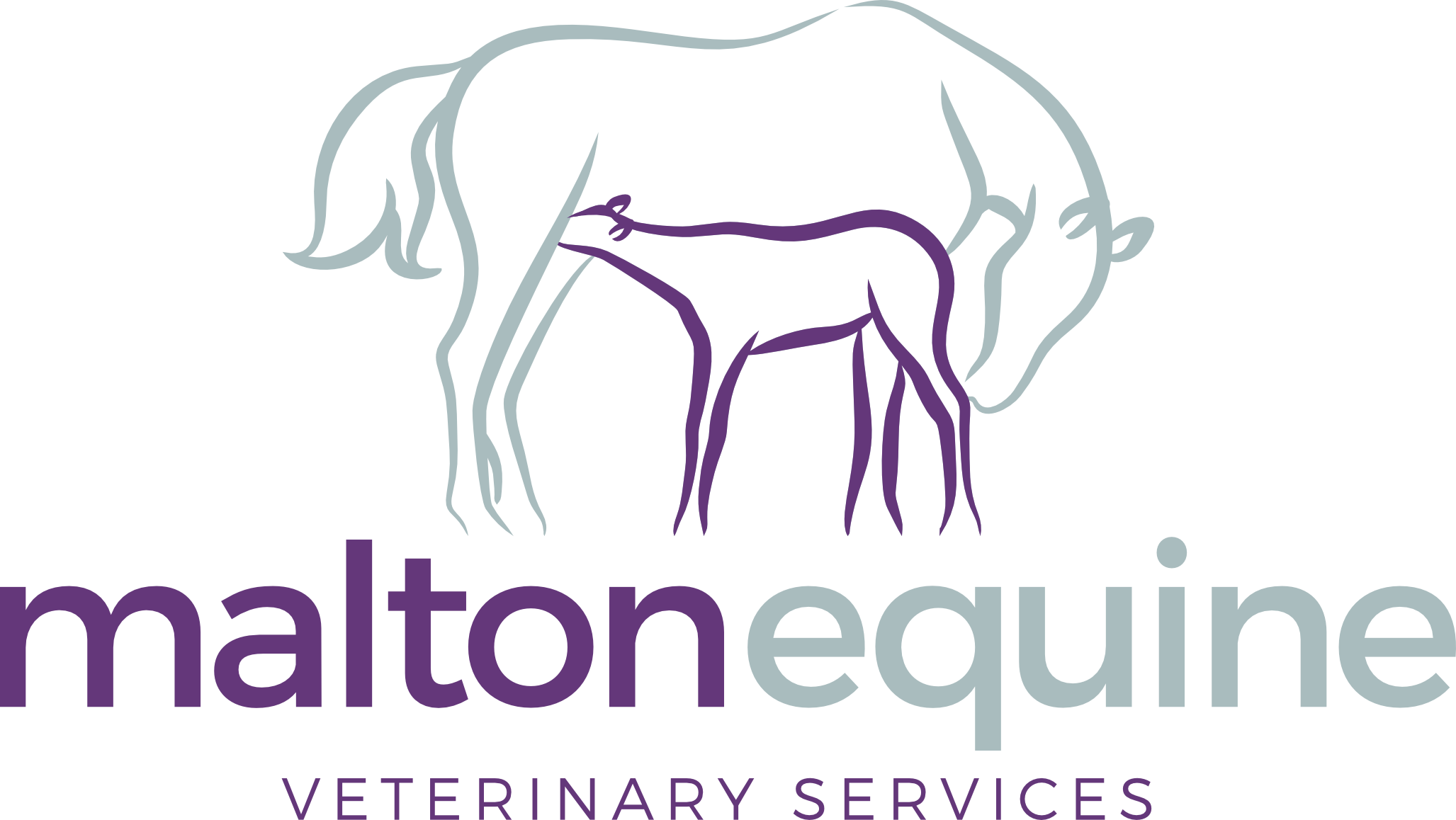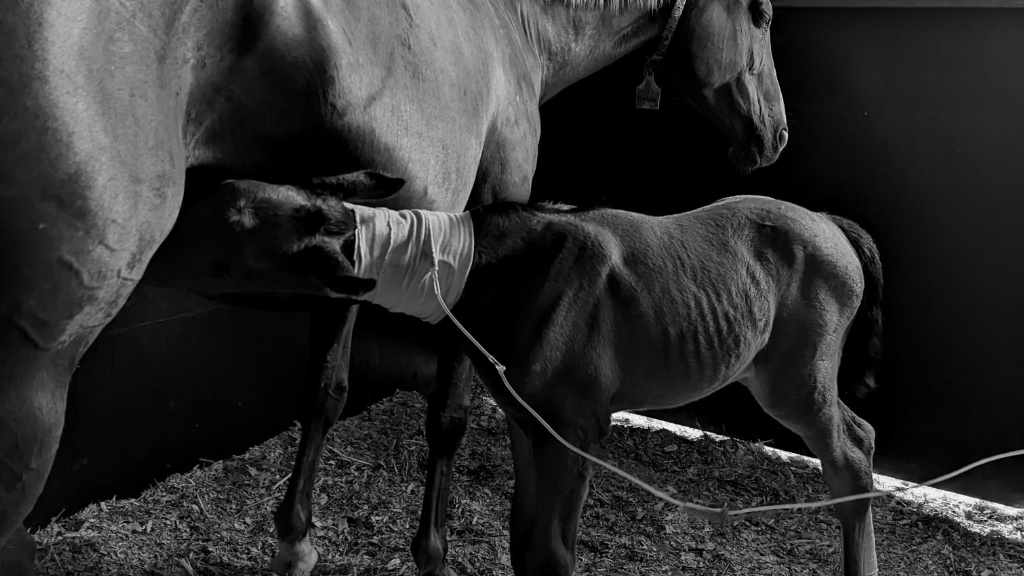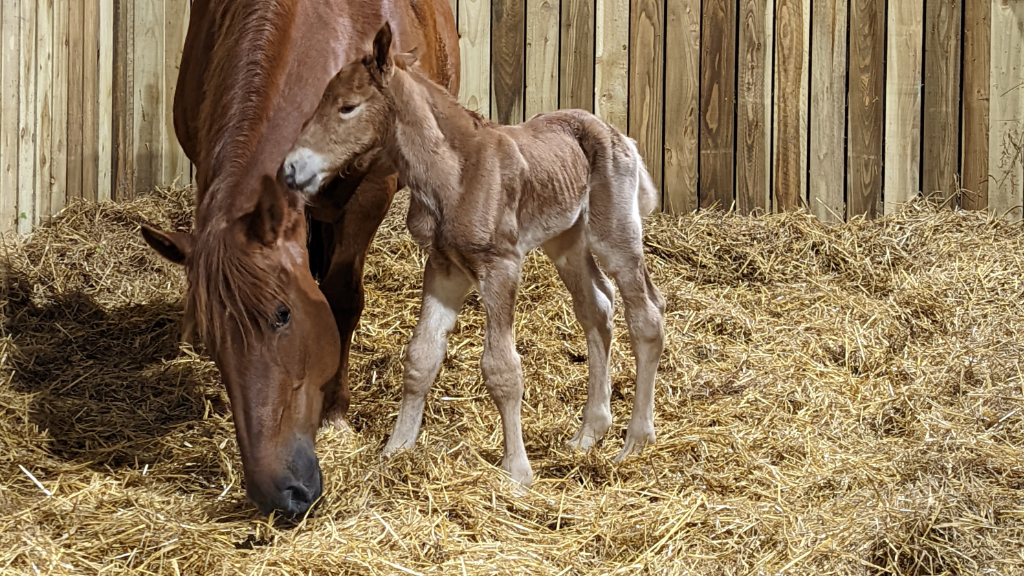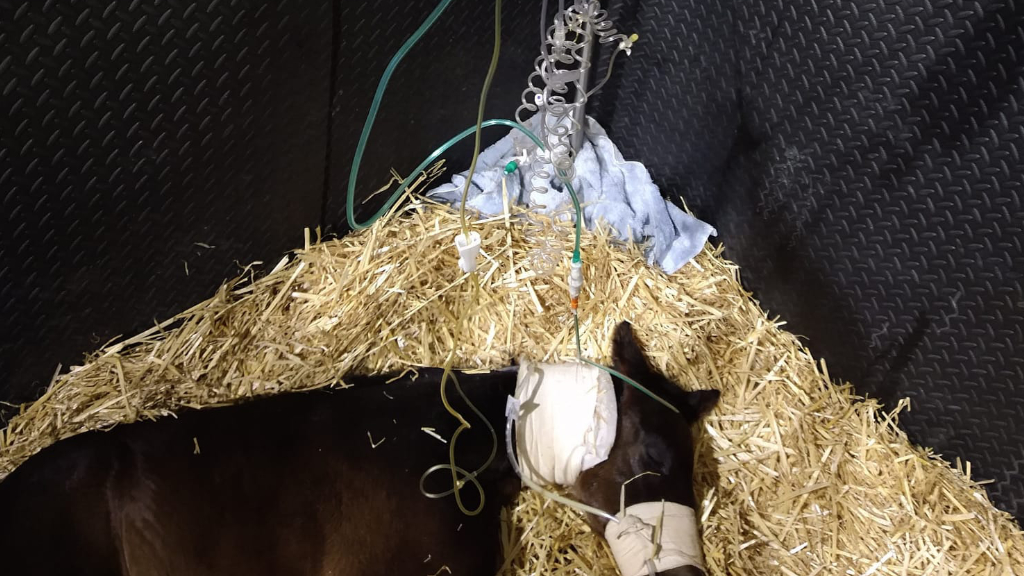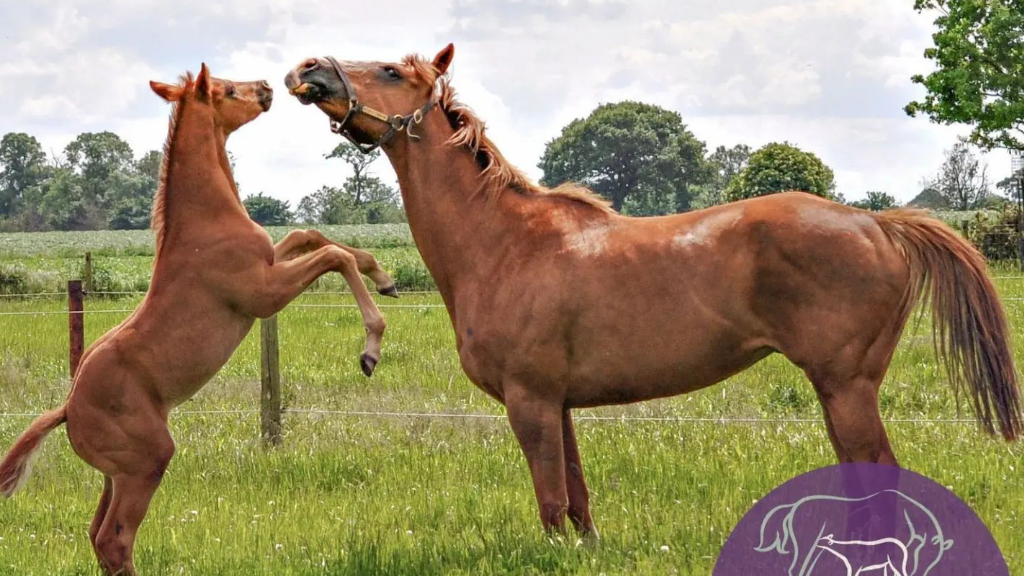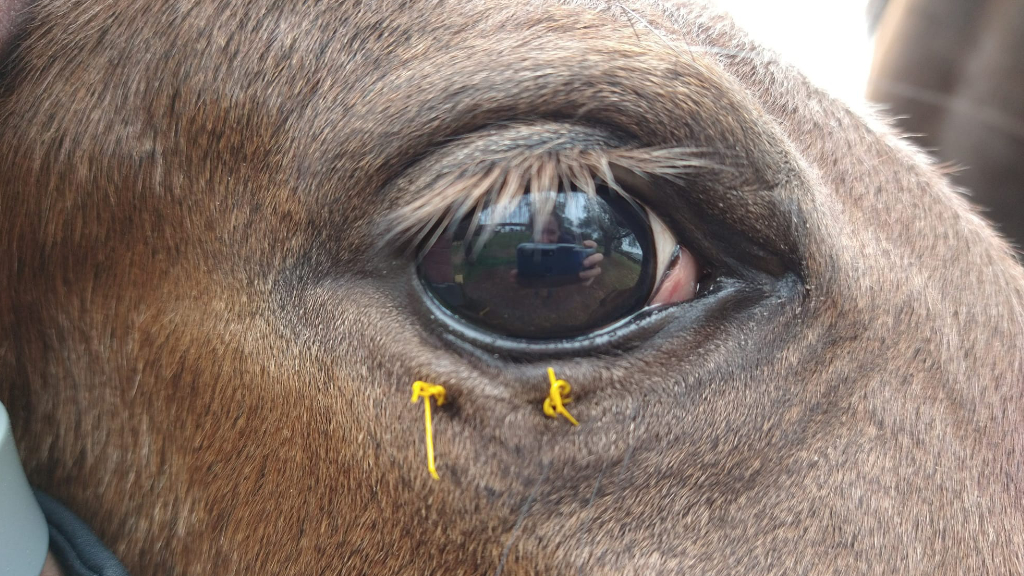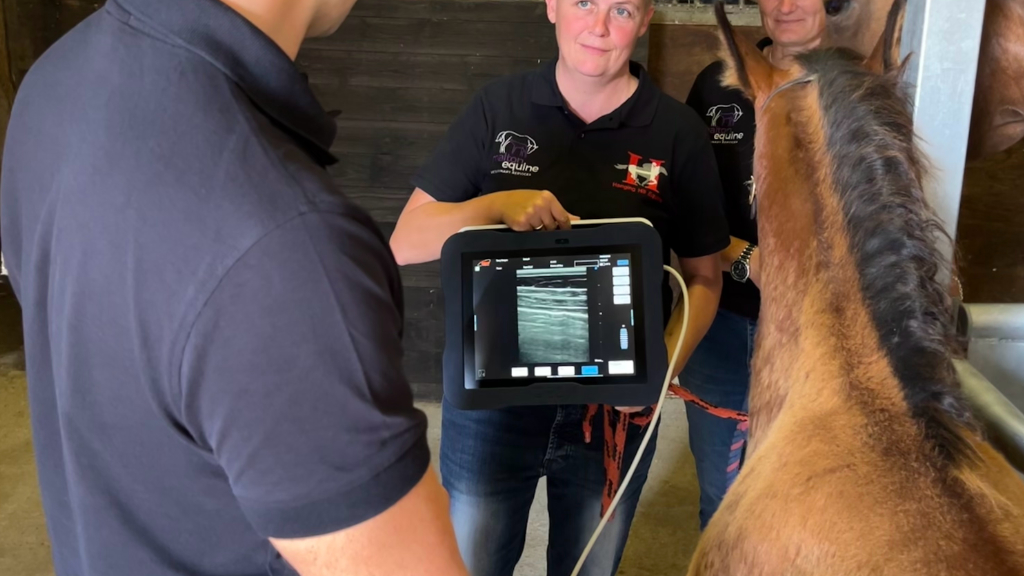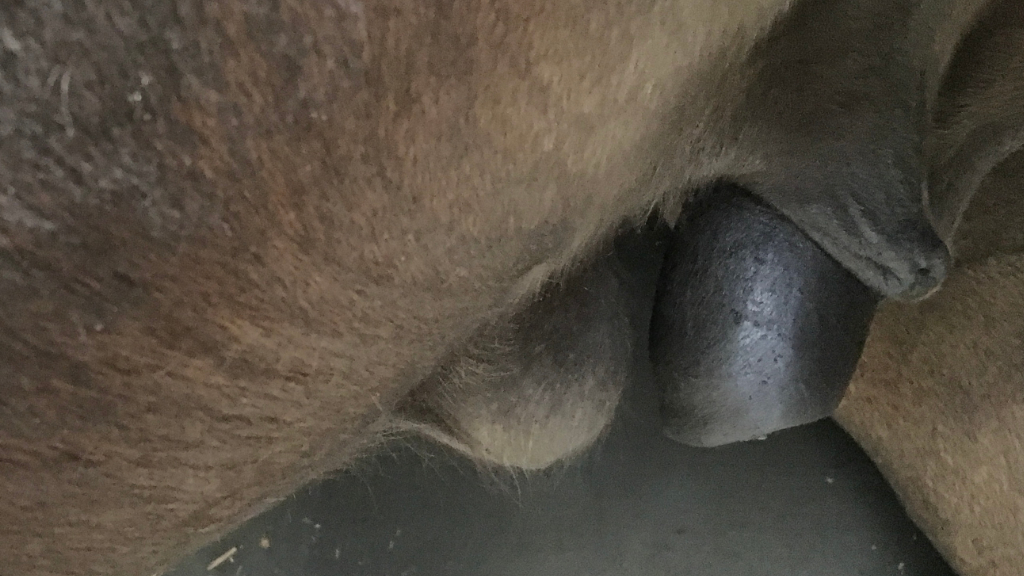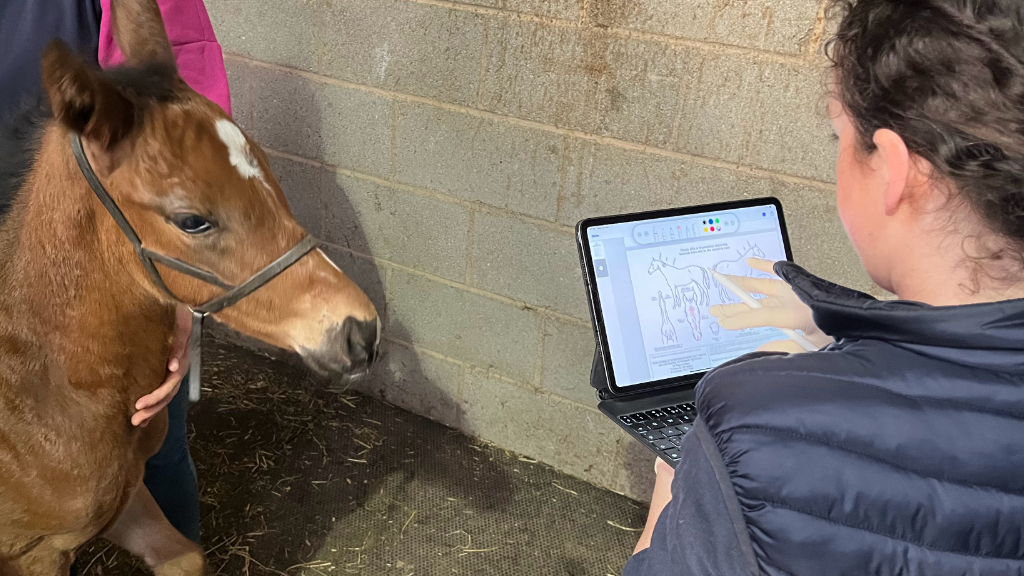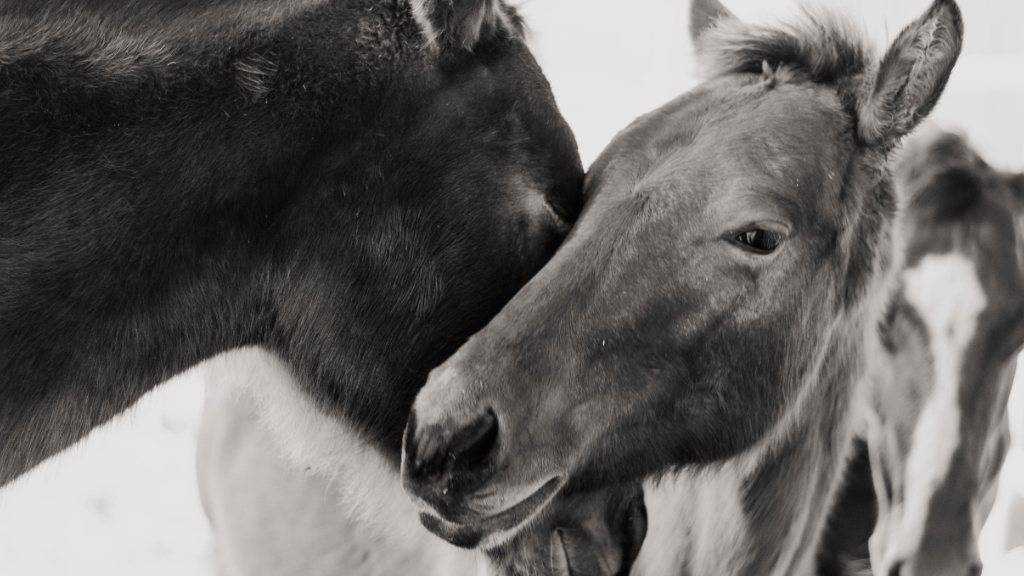Malton Equine Veterinary Services
Foal Medicine
In instances where intensive treatment is necessary, our veterinary team is adept at identifying when referral to specialized facilities becomes essential. We maintain strong relationships with local referral centers, ensuring a seamless transition when advanced care is required. This collaborative network enhances our ability to provide the highest level of medical attention and ensures that your foal receives the best care possible during these critical early stages of life.
With our specialized neonatal services, we strive to give each foal the optimal start they deserve in their journey towards a healthy and thriving equine life.
Emergency veterinary attention for your horse may be required at any time of the day or night. We provide veterinary care 24 hours a day, 365 days a year to registered clients.
